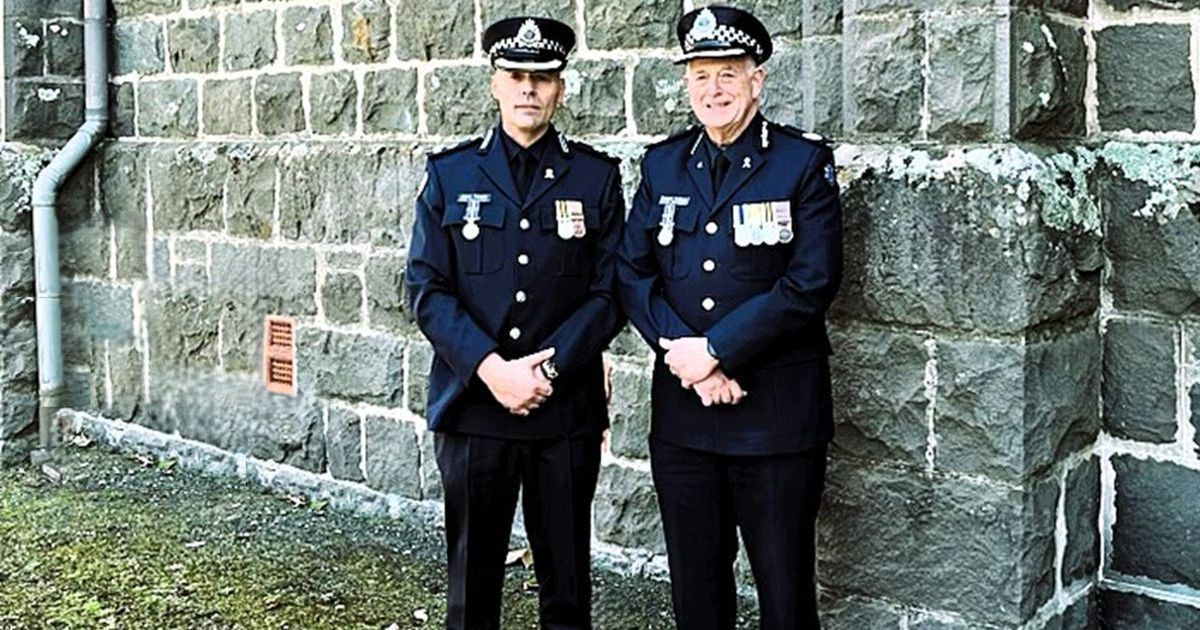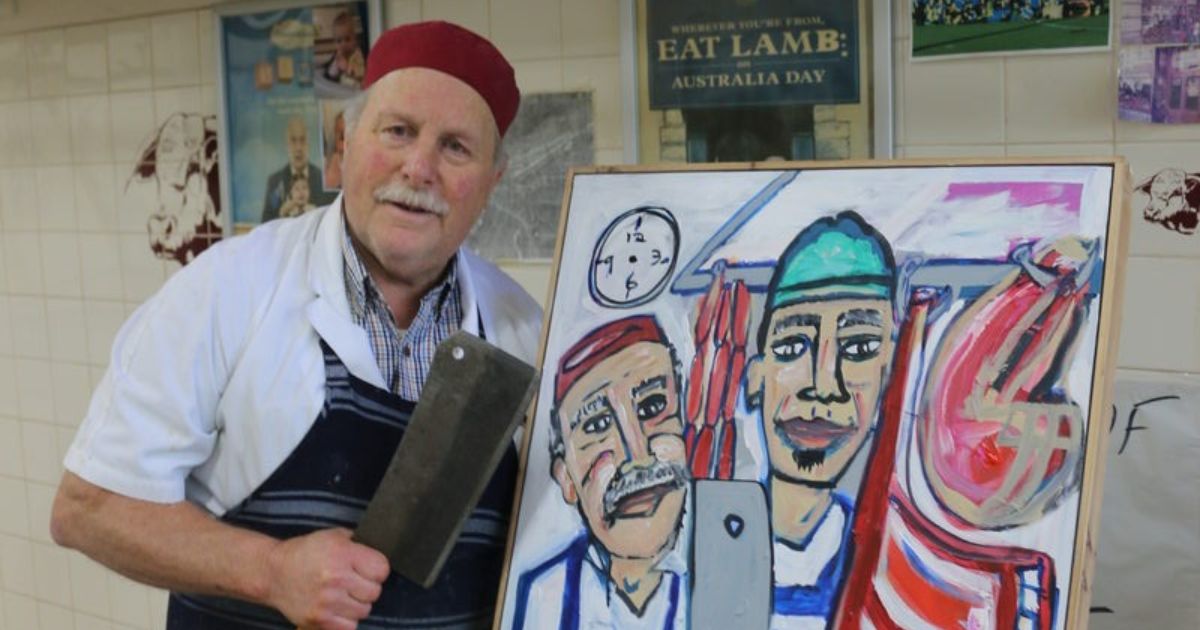The life behind the Alloo name

Smyth did a huge amount of research on Alloo, who hasn't been a high-profile figure in Ballarat since the 1850s.
WHEN you hear ‘Johnny Alloo,’ you might be like many people in Ballarat who associate the name with a local cafe.
But it stems far beyond recent years to the mid-nineteenth century.
Johnny Alloo was the Anglicised name Chinese orphan, Chin Thun Lok took on when he came to Australia in about 1844, from a Hong Kong mission school, to work during a labour shortage.
Having learnt to cook for the western palate on a sea captain’s property in New South Wales, he made the move to Ballarat in 1852 when he heard gold had been discovered, and set up a restaurant there.
Sociologist-turned-historian John Smyth has written a book about this man called Johnny Alloo of Ballarat notoriety, published by the local Xin Jin Shan Chinese Library.
“He set up a cook shop, a bit of a tent, right near the entrance of Eureka Stockade,” Smyth said. “He served English food.
“But the miners lost the Eureka lead… picked up and went over to gravel pits just near where St Pauls Church is, Bakery Hill.”
Alloo moved his restaurant to the east side of Main Road, between Bridge and Humffray Street, and this business was captured in two illustrations by artist, Samuel Thomas Gill.
“Gill probably agreed to draw the establishment for food and lodging, so that is immortalised,” Smyth said. “He was an important recorder of history.
“If anything is known about Alloo – there are no pictures or photographs of him – it’s those two lithographs on the inside and outside of the restaurant.”
Smyth said Alloo was only in Ballarat for a few years, but his time cooking on the goldfields was just the beginning of a fascinating life story.
While working as an interpreter for Protector of the Chinese in Ballarat, William Henry Foster in 1855, he wasn’t paid for four-and-a-half months.
While away from the restaurant, his staff got fined for selling alcohol to police officers and received a big fine, eventually leading to his insolvency.
In 1856, he sold the shop to his business partner, and moved to Melbourne.
“He’s naturalised, he’s Christian, and he speaks English,” Smyth said. “He sets himself up in Little Bourke Street roughly where China Town is.”
With gambling all around him, Alloo became an undercover informant to Victoria Police, particularly the chief of detectives, and he went on to be appointed the first Chinese detective in Victoria Police in 1858.

He moved to New Zealand a decade later during the Otago Gold Rush and became the first Chinese police constable
there too.
“It’s a fascinating story, but it’s a bit of a babushka doll story,” Smyth said. “You’ve got a local bit encased in colonial governance.
“He was one of the very first Chinese to come to Australia, and he never hunted for gold.”

Smyth was asked by the local Chinese library to write the story after they discovered he was transcribing the rates books of the more-than 100 pubs that have been based on Main Road in its history.
He said it’s been a “an exercise in love.”
“I had passion, and the Chinese library had passion,” he said.
“We’ve got an amazing individual here in our history who is largely unknown, and this is the first piece of work that’s been done on him.”
The book can be purchased through the Xin Jin Shan Chinese Library on the corner of Sturt and Lydiard streets or at xjslibrary.org.au.


















